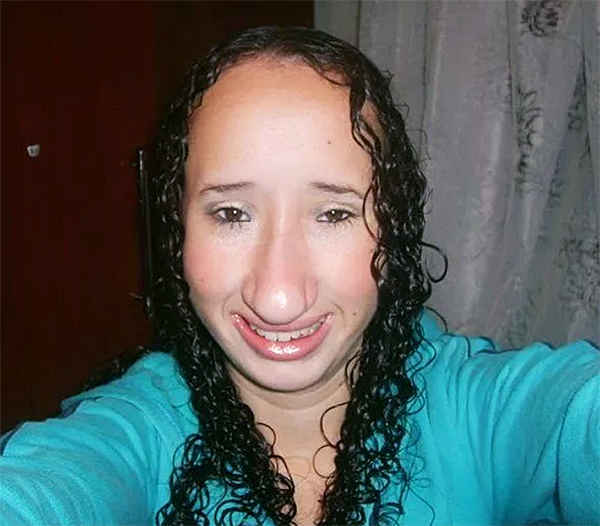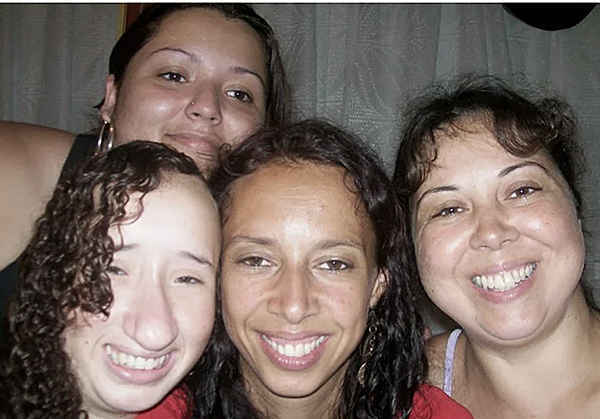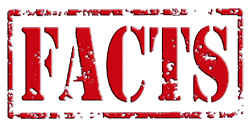Why am I not naturally pretty? Not beautiful!

Possible Reasons for Feeling Unattractive:
Genetic Factors
Genetics play a significant role in determining physical appearance. Features like face shape, skin type, hair texture, and body structure are inherited from parents.
Impact: These genetic factors may not align with societal beauty standards, making one feel unattractive.
Societal Beauty Standards
Societal norms and media often dictate what is considered attractive, usually favoring certain features over others.
Impact: If your natural features don’t match these ideals, you might feel less attractive.
Personal Perception
How you see yourself can be influenced by your self-esteem and confidence levels.
Impact: Low self-esteem can lead to a distorted self-image, making you feel less attractive than you actually are.
Skin Conditions
Acne, scars, or other skin conditions can affect one’s appearance.
Impact: These conditions can make people feel self-conscious about their looks.
Lifestyle Factors
Diet, sleep, exercise, and overall health greatly influence appearance.
Impact: Poor lifestyle choices can lead to issues like weight gain, dull skin, and overall tiredness, affecting perceived attractiveness.
Aging
Natural aging processes, example: wrinkles and gray hair, can change one’s appearance over time.
Impact: These changes can lead to feeling less attractive as one ages.
Stress and Mental Health
High stress levels and mental health issues can manifest physically, affecting skin, hair, and overall demeanor.
Impact: This can lead to looking tired or worn out, impacting attractiveness.
Photos of my girlfriends

How to cope with not being naturally pretty?
- Embrace Self-Care
Actions: Develop a skincare routine, maintain a balanced diet, exercise regularly, and get enough sleep.
Benefits: Improves overall health and enhances natural beauty.
- Boost Self-Esteem
Actions: Practice positive affirmations, surround yourself with supportive people, and engage in activities that make you feel good about yourself.
Benefits: Enhances your self-perception and confidence.
- Seek Professional Help
Actions: Consult dermatologists for skin issues, nutritionists for diet plans, and therapists for mental health.
Benefits: Provides targeted solutions to specific concerns.
- Limit Media Exposure
Actions: Reduce consumption of media that promotes unrealistic beauty standards.
Benefits: Helps in building a more realistic and positive body image.
- Enhance Features
Actions: Learn makeup techniques, choose flattering hairstyles, and dress in ways that enhance your natural features.
Benefits: Can boost confidence and highlight your unique beauty.
Interesting Information and Facts

Diverse Standards:
Beauty standards vary widely across cultures and historical periods. What is considered attractive in one culture may not be in another.
Symmetry and Attraction:
Studies have shown that facial symmetry is often associated with attractiveness because it is perceived as a sign of health and genetic fitness.
Impact of Smile:
A genuine smile can significantly enhance one’s attractiveness, as it exudes positivity and confidence.
Beauty Bias:
There’s a psychological phenomenon known as “beauty bias,” where attractive people are often perceived more positively in various aspects of life, example: competence and trustworthiness.
Self-Image:
Research suggests that people often underestimate their own attractiveness. The way we perceive ourselves is frequently harsher than how others see us.
Understanding the factors that influence feelings of attractiveness can help you address concerns more effectively. Embracing self-care, boosting self-esteem, and appreciating your unique features are vital steps toward feeling more attractive and confident in your own skin. Remember, beauty is subjective and multifaceted, and everyone has something unique that makes them beautiful.












